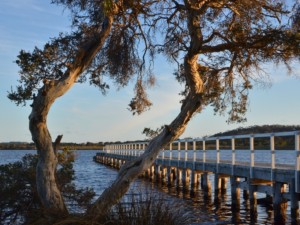Good news in tourism August 9 – 15, 2020
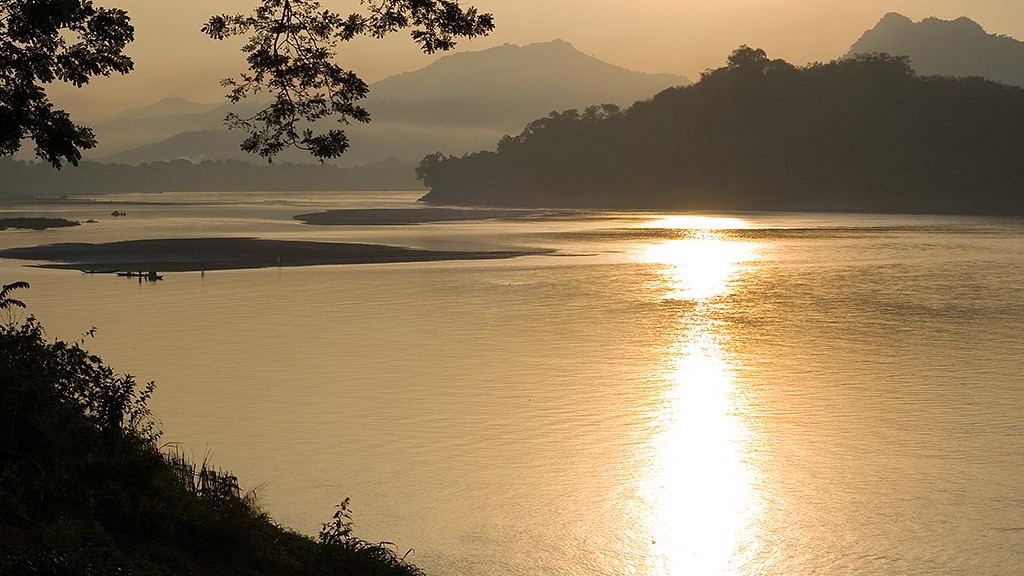
It’s all about YOU!
Published every Sunday, “Good news in tourism” is the perfect pick-me-up for the start of a new week in travel & tourism … everyone’s business.
This week’s travel & tourism news menu:
(Click / touch an item to go straight to it.)
- “GT” news
- Post-pandemic plans & positioning
- Travel & tourism & climate change
- Ecotourism & wildlife tourism
- Cultural heritage tourism
- Accessible tourism
- Odds & ends
It’s “Good Tourism”. And go!
“GT” news
WeAreLao.com will represent Laos as The “Good Tourism” Blog’s first “GT” Destination Partner. “GT” Destination Partners are advocates for special places whose travel & tourism stakeholders are keen to share what’s good.
“We take great pride in being selected as “GT’s” first Destination Partner,” WeAreLao.com co-founder Bernie Rosenbloom said. “Our aim is to be the most informative source of Lao tourism news, and reaching the best target is key. Thanks to “GT”, our ‘Sustainable Tourism Showcase’ and news will reach the cream of the crop.”
Laos is indeed a very special place. Your correspondent knows this because he has visited several times for work and for leisure. Now, thanks to the team at WeAreLao.com, “GT” fans can look forward to the best industry news and insights from “the land of a million elephants”.
“GT” Partner SUNx has launched its Climate Friendly Travel Diploma in conjunction with Malta’s Institute of Tourism Studies. The online course is designed to fit existing job roles and strengthen capacity, according to SUNx. An impressive list of 25 guest lecturers includes “GT” Friend Dr Susanne Becken. Scholarships are available to applicants from Africa and “small island developing states”. The first course starts in October 2020.
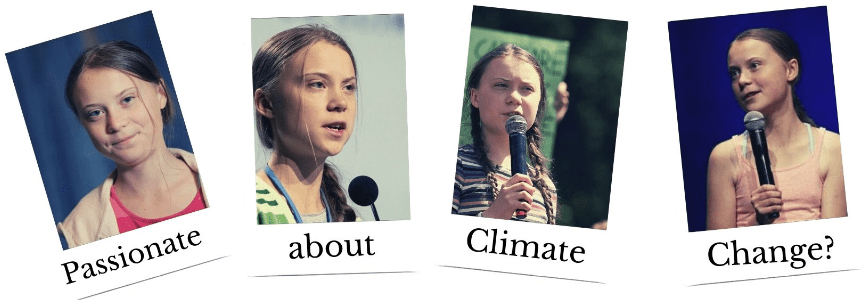
Meanwhile, Tanner C Knorr is worried. The founder of two “GT” Partners — SLW and OSA — is worried for tourism-reliant parts of the world that he thinks may be headed for an economic cliff’s edge, including places he knows very well. Fortunately, in a fresh “GT” Insight, Mr Knorr suggests how the world might pull together to avert such a disaster.
Housekeeping FYI: It may be tough to deal with but “Good news in tourism” will take a break next week. It will be the first break since “Good news …” started — pre-COVID — in December 2019; “Good news in tourism December 1 – 7, 2019”. (Ahh, the memories …) Be strong. Push through the pain of withdrawal in the knowledge that there will be “Good news” waiting for you on the other side. 😉 See you in two weeks!
Keep up with “GT”
If you like “GT” and you don’t want to miss a thing, subscribe to “GT’s” free e‑news:
Post-pandemic plans & positioning
Indonesia is developing five “super-priority tourist destinations” to make tourism a driver of economic growth in more places throughout the country. The destinations are Lake Toba in North Sumatra, Borobudur in Central Java, Labuan Bajo in East Nusa Tenggara, Mandalika in West Nusa Tenggara, and Likupang in North Sulawesi. The Tourism & Creative Economy Ministry expects a full recovery in foreign arrivals by 2025.
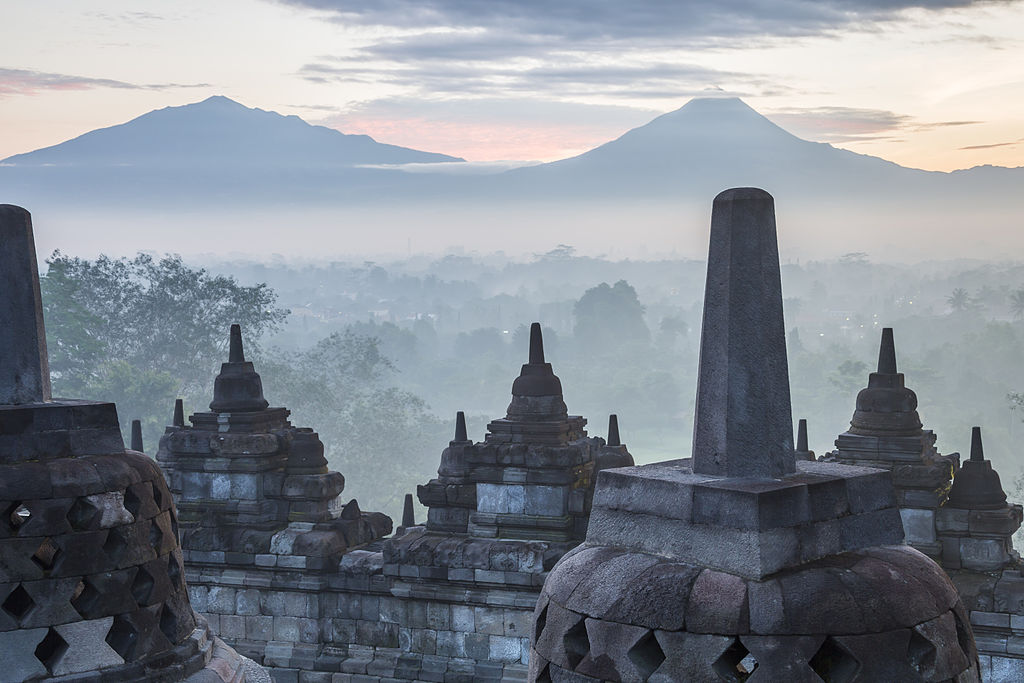
VisitScotland chair Lord Thurso would “rather deal with the problems of success” than of no-tourism. He thinks tourism in Scotland is well positioned to be sustainable; to yield economic benefits while respecting communities and the environment.
Cambodia’s Ministry of Tourism outlined a draft master plan for Mondulkiri province at a consultative workshop during the week. Tourism development “must adhere to the approach of sustainable development and responsibility, conservation for the benefit of the economy, society and people”, tourism minister Thong Khon said.
Marian Muro, director of Turisme de Barcelona, Spain, reckons “quality is more important than quantity”. The city is looking at a more segmented approach to its post-COVID tourism marketing strategy that pays greater respect to residents.
In East Maui, Hawaii, USA, residents and politicians reportedly agree that collaboration is key to planning for the future of the area. “Yes, we do welcome tourists,” resident Kaukaohulani Morton said. “But not 14,000 cars a day.”
The importance of good partnerships
Many commentators would like to see previously overcrowded destinations recover from the COVID-19 depression with a focus on quality rather than quantity. That would be nice, of course, particularly if host communities want that. However, some or many extant tourism stakeholders will likely go out of business should this happen. Don’t let one of those be you. Seek out good partnerships with those who make you their priority. “GT” is a good partner. Please verify that claim with a Good Partner. And then ask your correspondent about partnership opportunities. There’s something for everyone.
Travel & tourism & climate change
As per the item in the earlier segment, “GT” news, SUNx — Strong Universal Network has launched its online Climate Friendly Travel Diploma in conjunction with Malta’s Institute of Tourism Studies.
A project is underway to explore the potential for a zero-carbon emission commercial aircraft with 80+ seats by the end of this decade. It is part of the UK government’s Jet Zero Council initiative. The Aerospace Technology Institute will lead the year-long study. ATI chief Gary Elliot said: “This is a transformative project that has the potential to have a follow-on moonshot phase if we get it right.”
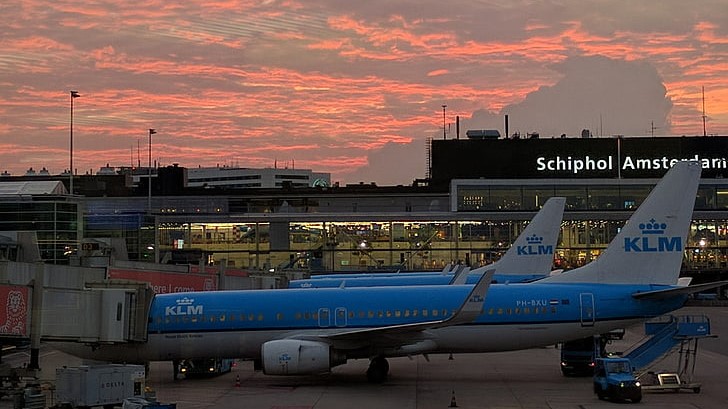
Schiphol Airport in Amsterdam, the Netherlands is piloting a new “sustainable taxiing solution” to save 50 – 85% on fuel consumption when aircraft move between runway and terminal. It involves using “taxibot” tow vehicles so that aircraft can keep their engines turned off.
Zimbabwe has launched its Climate Change Awareness Programme, which will offer guidance to the tourism sector on how it can operate sustainably. While launching the programme, Mangaliso Ndlovu, minister of environment, climate, tourism & hospitality industry, thanked the tourism and hospitality sector for “leading from the front in the drive towards sustainable tourism”.
The new “Khmer Tourism for the Future” start-up incubator programme aims to “build resilience and innovation” in Cambodia’s domestic tourism sector. It wants to provide startups and businesses — especially those with an “environmentally friendly prototype” — with “intensive support to rebuild and re-imagine tourism in the next 12 months and pave a new future for sustainable tourism”.
Sustainable tourism & responsible travel is everyone’s business
Freedom of movement is a basic human right. And the travel & tourism industry is everyone’s business. “Everyone” includes not only those who earn a living from the travel & tourism industry, but also people who travel, and people who live in places travelled to and through. EVERYONE. Please share “Good news in tourism” with your friends and colleagues. And dive deeper into “Good Tourism” Insights for ideas on how to make sustainable tourism and responsible travel better … for you, for your people, and for your place. For they are your people. And it is your place.
Ecotourism & wildlife tourism
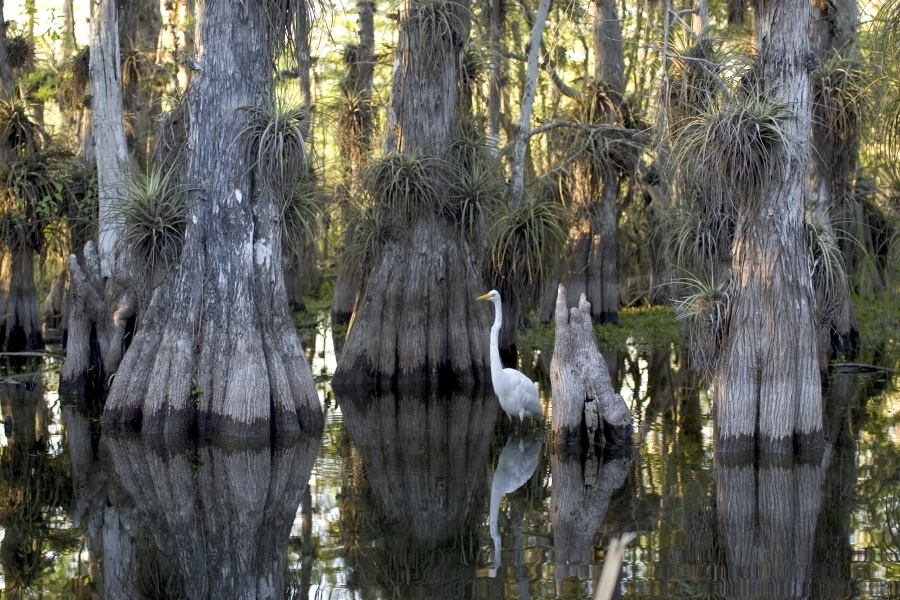
A recent US National Park Service report shows that in 2019 there was USD 21 billion of direct spending by more than 327 million park visitors in nearby communities i.e. within 60 miles (97 km) of a national park. This spending supported 340,500 jobs nationally. The cumulative benefit to the US economy was USD 41.7 billion.
The Maldives is developing five “ecotourism zones” in Addu with grants from India under the latter’s neighbours-first foreign policy.
Liberia’s Forestry Development Authority is expecting two boats courtesy of Norway through the World Bank. The boats might be used for ecotourism, which the FDA reckons has potential in the west African nation.
Ecotourism in northern Laos has motivated people to change from hunting wildlife to conserving endangered species, according to Santi Saypanya of the Wildlife Conservation Society. Dr Santi reckons ecotourism positively impacts almost everyone.
A partnership between Zambia’s Department of National Parks & Wildlife, Zambia Carnivore Program, and the wild cat NGO Panthera successfully reduced the incidence of snaring of lions and other wildlife for bushmeat and body parts in Kafue National Park. That’s the good news. However, according to Dr Kim Young-Overton of Panthera, the near-collapse of the tourism sector due to COVID-19 has increased poverty. Poachers have been emboldened by fewer eyes and ears on the ground.
The National Trust for Jersey boss Charles Alluto reckons a healthy marine environment is an amazing asset for tourism and carbon sequestration as well as seafood. “Wildlife tourism is probably one of the biggest sectors in terms of growth so there are real opportunities,” he said. Jersey is a British crown dependency in the English Channel.
Shark ecotourism can change people’s attitudes about sharks and make them more likely to support conservation projects; even after allowing for the fact that ecotourists are likely to be environmentally-minded in the already.
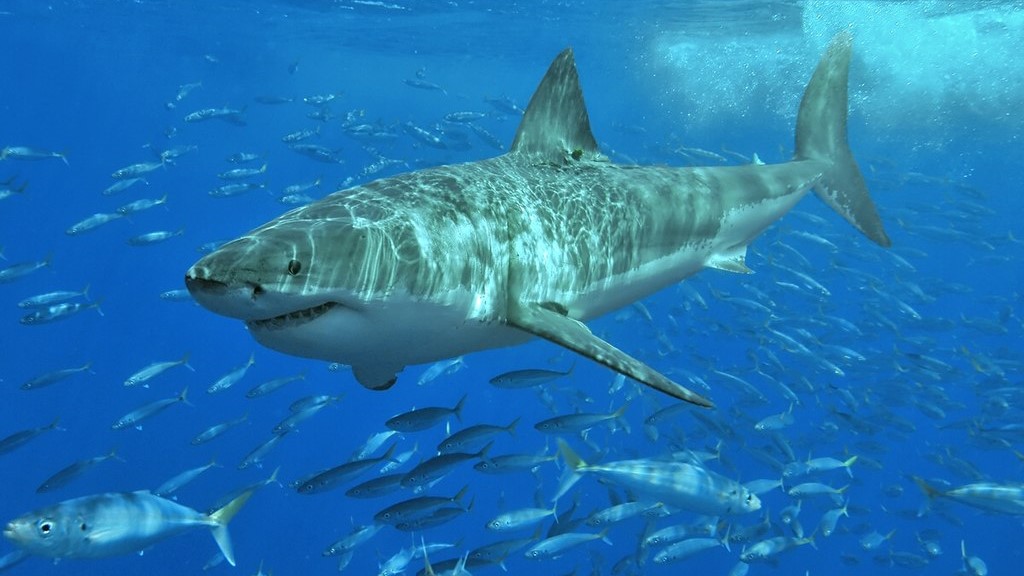
Support “GT”
If you find “GT” inspiring, interesting, somewhat amusing, or at least different then surely it’s worth a little something to you.
It means a huge something to “GT”. Thank you very much to those who have donated. 😍
Cultural heritage tourism
Frederick University and the Nicosia Tourism Board have agreed to work together on developing links between the arts, culture, and tourism, including upgrading and building related infrastructure. Nicosia is the capital of Cyprus.
Dorchester, England residents are invited to share their views on a draft Heritage Tourism Strategy. The area has 6,000 years of history to draw upon and has attracted significant investment in its heritage assets.
Cherokee Nation in Oklahoma state, USA, has opened the restored Saline Courthouse as a museum; the federally-recognised tribe’s newest cultural attraction. The Cherokee Nation built the structure in the 1800s.
Accessible tourism
The new president of Thailand’s Association of Domestic Travel sees potential in tours for the elderly. Thai seniors usually travel with family, including young grandchildren, so Thanapol Cheewarattanaporn reckons government incentives to support domestic tourism during the coronavirus pandemic should be available to people of all ages.
Bega Valley Shire Council in New South Wales, Australia has started work on improving accessibility and infrastructure in the Pambula Beach Surf Club precinct. The work will include improvements and additions to paths and accessible parking.
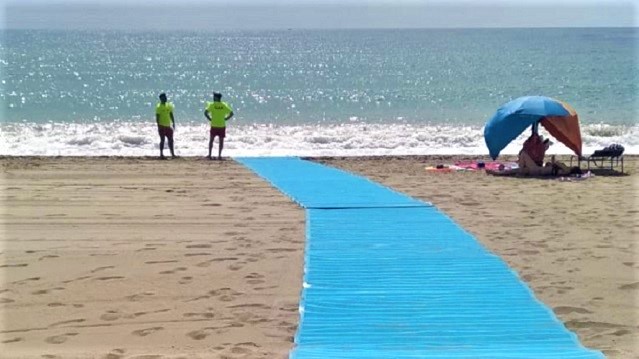
Cuevas del Almanzora council in Almería, Spain has made Quitapellejos beach more accessible by literally rolling out “flexi-walkway” matting made from recycled plastic.
Friends indeed
“Friends indeed” are worthy travel & tourism industry fundraisers and charitable causes. Please help if you can. And share the page with your social networks and link to it from your website or email signature.
Odds & ends
Bits ‘n pieces that don’t easily fit into this week’s arbitrary clusters:
Asian Development Bank economist Matthias Helble reckons the Philippines, with its 7,641 islands, is an ideal place to set up travel bubbles. “One could imagine setting up travel bubbles between specific islands and a foreign partner, like Boracay and the Republic of Korea,” he said.
The new Journal of Responsible Tourism Management is the first international tourism and hospitality journal to be published in Sarawak, Malaysia, according to state tourism minister Datuk Abdul Karim Rahman Hamzah. The first issue is due out in January.
The oldest industry in Tripura state in northeast India is tea according to its chief minister Biplab Kumar Deb. His government wants to revitalise the tea industry with the help of tourism. New laws will allow revenue-generating tourism infrastructure to be built on 5% of unused tea plantation land.
In the USA, the Kentucky state auditor has affirmed that local tourism taxes should be spent on tourism under the authority of local tourism commissions. The bosses of the Kentucky Association of Convention & Visitors Bureaus and the Kentucky Travel Industry Association, Nancy Turner and Hank Phillips, are delighted with this finding. “Local elected officials cannot view these monies as a piggybank for pet projects or to finance non-tourism government services,” they write in an op-ed.
In Virginia, USA, a 49.1‑mile (79-km) stretch of unused rail tracks may be converted into a shared-use path for pedestrians, cyclists, and skaters. The route links Hallwood town to Cape Charles. “It’s exciting to envision the new life that this trail could bring to some of these towns along the rail line,” Eastern Shore of Virginia Chamber of Commerce boss Robie Marsh said.
Stay healthy, smile, have a good week … And when you can travel again, remember:
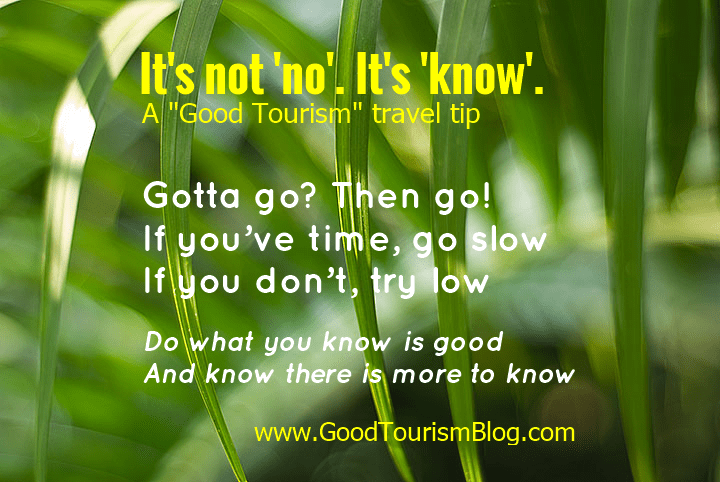
It’s not ‘no’. It’s ‘know’.
Featured image (top of post): Sunset over the Mekong, Luang Prabang, Laos. Image by David Gillbanks (CC BY 4.0)..
Donations, diversity, disclaimers
To help your correspondent keep his energy-efficient lights on, please consider a private one-off gift or ongoing donation. THANK YOU to those who have! 😍
You are a tourism stakeholder — yes, YOU! — so what’s your view? Do you disagree with anything you have read on “GT”? Join the conversation. Comment below or share your “Good Tourism” Insights. Diversity of thought is welcome on The “Good Tourism” Blog. And you will be supporting an independent publisher with your original content.
Disclaimer 1: It is “GT’s” policy to fully disclose partner/sponsor content. If an item is not disclosed as partner or sponsor-related then it will have caught “GT’s” attention by some other more organic means. Partner with “GT”. You know you want to.
Disclaimer 2: None of the stories linked from this week’s post have been fact-checked by “GT”. All terminology used here is as the linked sources used it according to the knowledge and assumptions they have about it. Please comment below if you know there has been buzzword-washing or blatant nonsense relayed here, but be nice about it as the linked sources might get offended. (“GT” won’t.) And as for “GT” bringing it to your attention so that you might be the one to set the record straight, you are welcome! 🙂




